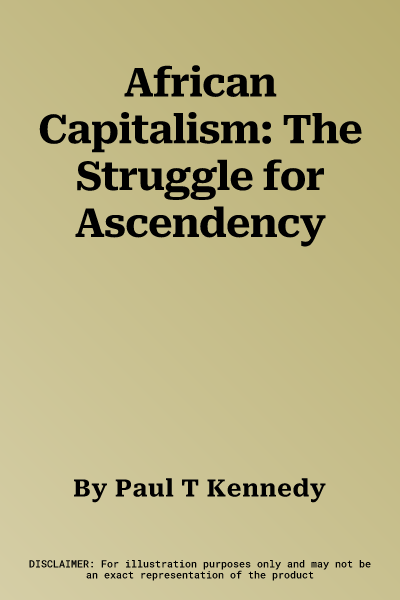Paul T Kennedy
(Author)African Capitalism: The Struggle for AscendencyHardcover, 30 September 1988

Temporarily out of stock
Free Delivery
Cash on Delivery
15 Days
Free Returns
Secure Checkout

Part of Series
African Society Today
Part of Series
Cambridge Studies in Population, Economy, and Society in Pas
Print Length
250 pages
Language
English
Publisher
Cambridge University Press
Date Published
30 Sep 1988
ISBN-10
0521265991
ISBN-13
9780521265997
Description
Product Details
Author:
Book Format:
Hardcover
Date Published:
30 September 1988
ISBN-10:
0521265991
ISBN-13:
9780521265997
Language:
English
Location:
Cambridge
Pages:
250
Publisher: